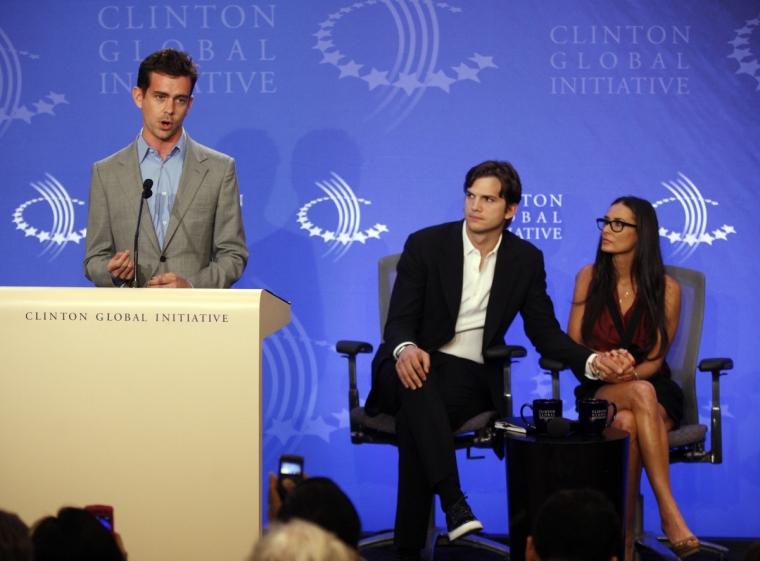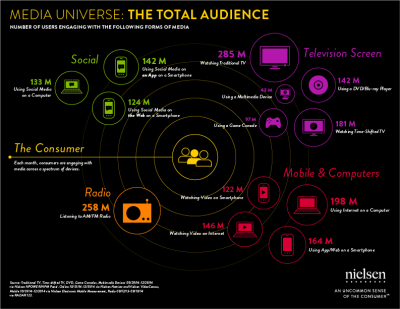Twitter porn causes Nielson to scrap digital advertising promotions

SAN FRANCISCO (Christian Examiner) -- The advertising opportunities on digital media once considered invaluable for the ability to reach highly targeted audiences now face a unique challenge of brand integrity as consumers turn to social platforms for pornography.
In one such example well-known data measurement company, Nielson, halted Promoted Tweets advertising a webinar on media buying after the message appeared in feed with a pornographic Twitter page last week.
According to AD Week, Nielson's paid promotions displayed on a number of porn profiles including "Homemade Porn" and "Daily Dick Pictures."

The news source revealed that NBCUniversal and Gatorade experienced similar issues which reportedly were caused by a system bug since Twitter's advertising policy prohibits Promoted Tweets from appearing on pages with X-rated adult content.
A Twitter spokesperson released a written statement to Adweek claiming the company was aware of the issue and suggested that brand integrity should not be of concern to advertisers.
"We are committed to providing a safe environment for brands to build their business, and our product team is working to fix the issue. We are committed to providing a safe environment for brands to build their business, and our product team is working to fix the issue."
However, since advertising on Twitter targets users' interests, location, followed tweets or retweeted content, potential advertisers always run the risk of their promotion appearing near adult content -- or any potentially offensive content depending on a user's behavior and digital media patterns.
Yet even risk-taking brands that may stand behind the long-time notion that "sex-sells," also face an unwanted impact from their advertisements appearing near adult content.
According to Psychology Today, research supports that advertising alongside sexually driven content can lose its effect with frequency, much like the way individuals who regularly view pornography become desensitized to its exposure over time.
In a report last week by a SunTrust analyst, Robert Peck wrote that he estinated there could be an estimated 10 million Twitter accounts "dedicated to sharing pornography and that Twitter need to do a better job of blocking them," the Adweek article said.